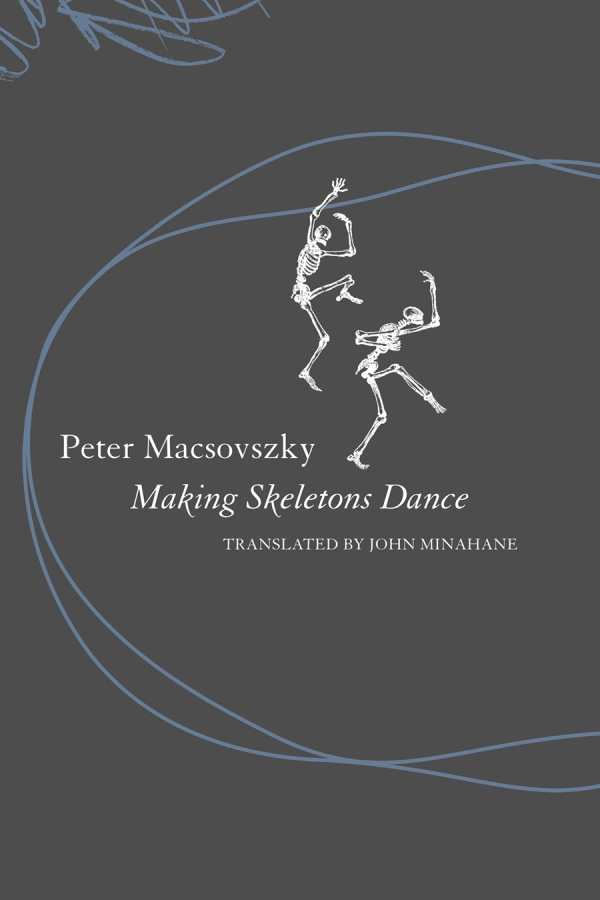Making Skeletons Dance
In Peter Macsovszky’s philosophical novel Making Skeletons Dance, a barfly takes on Amsterdam.
As a struggling writer and relative newcomer to the Netherlands, Simon’s perspective on the place is different than most people’s. He spends a restless day traversing Amsterdam with only his notebook and his personal failures for company, reflecting on the circumstances that brought him there and what will happen when—or if—his wife joins him in this city of contrasts and change. He dissects the city’s landmarks and diverse population with equal parts insensitivity and insight, spinning intricate fantasies about his fellow bar patrons. He also embellishes reminiscences of his past and his family’s history. A cat becomes a vessel for an alien researcher; a brief encounter with a bartender flares into furious recollections of a soul-searching trip to Cairo. These musings often blossom into larger contemplations of mortality, religion, society, and foreignness, both his own and other people’s.
Rambling yet often poetic prose is used to relate the jumble of Simon’s thoughts and, later, his soliloquy to a patient bartender who is the only person in the city he feels comfortable spilling his troubles to. Amsterdam is a lively place with a bevy of potential distractions, but Simon, nervous and uncharitable, finds little to love outside of the alcohol and the occasional remembrance of his wife, whose imminent arrival inspires visceral downward spirals of anxiety in her devoted yet flawed husband. An ambiguous ending leaves the fate of both Simon and his relationship with his wife a mystery. He ends as he began, adrift in a world that he has never been able to find a place in.
Making Skeletons Dance is an introspective novel about a man who can only confront his demons through the lens of fiction.
Reviewed by
Eileen Gonzalez
Disclosure: This article is not an endorsement, but a review. The publisher of this book provided free copies of the book to have their book reviewed by a professional reviewer. No fee was paid by the publisher for this review. Foreword Reviews only recommends books that we love. Foreword Magazine, Inc. is disclosing this in accordance with the Federal Trade Commission’s 16 CFR, Part 255.

